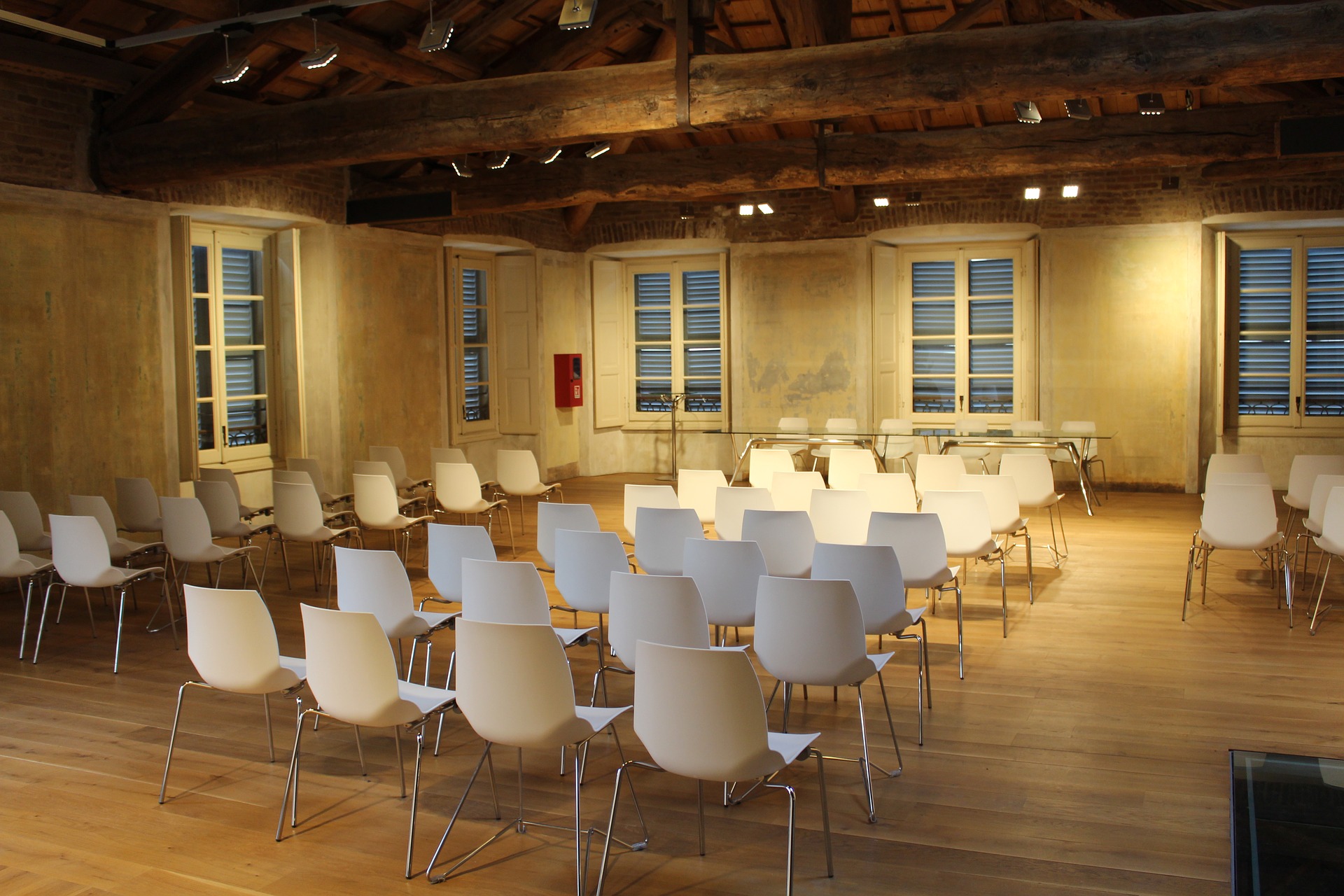CLIMB-SUPPORTED TRAINING
CLIMB infrastructure aims to be helpful to senior bioinformaticians, or PIs who aim to organize courser, workshops or hands-on training activities dedicated to young investigators, as we are sure that this will strengthen the UK microbial bioinformatics community.
This year, Dr Matthew Hitchings from the Swansea University Medical School, ran a Bioinformatics module for Genetics and Biochemistry students. Having been in touch with him, we’re proud to host his feedback of the training activity. Congratulations to Matthew for having run such a bioinformatics module, and big thanks for the feedback that follows!
THE MODULE – Matthew Hitchings
As part of a Bioinformatics module for Genetics and Biochemistry students within Swansea University Medical School, 63 students this year were introduced to cloud-based computing infrastructure used by leading scientists to interrogate large molecular biology datasets with an emphasis on microbial genomics. This year, CLIMB (particular thanks to the Cloud Computing Manager Imran Hussain on this) supplied a 4CPU, 4G RAM, 120G disk VM to each student.
This allowed each student to undertake a practical session on handling Illumina produced datasets through the process of read QC (FastQC), adapter and quality trimming (Trimmomatic), de Bruijn graph-based genome assembly (SPAdes), assembly QC and genome annotation (Prokka) before basic genome comparison was carried out on alternative software. This was processed through the Galaxy GUI that is run on each VM. Of course, the Galaxy platform is useful for introducing students to this type of data without the requirement of any programming skills.
Furthermore, to my knowledge, CLIMB is the only UK based cloud infrastructure offering this. The allocation of one VM each meant that this process could be handled during the session (including the assembly of a microbial genome each). Since it is cloud based, any work left unfinished during the session could be completed by the students in their own time with personal computers/laptops in readiness for their post-practical assessment.
The students really engage in this type of session as it is handling “real” data. Feedback has been positive for the module with particular students highlighting the introduction of Galaxy as a potential use for exploring data that they generate as part of their undergraduate project dissertation. It would be most useful to me if this resource allocation would be able to continue in this way so that I may continue to introduce students to various genomic applications that would otherwise be inaccessible to them.
Thanks to all the CLIMB folks that contribute to making this happen! Very much appreciated!
Dr Matthew Hitchings
Senior Research Officer
Institute of Life Science
Swansea University Medical School
Swansea


